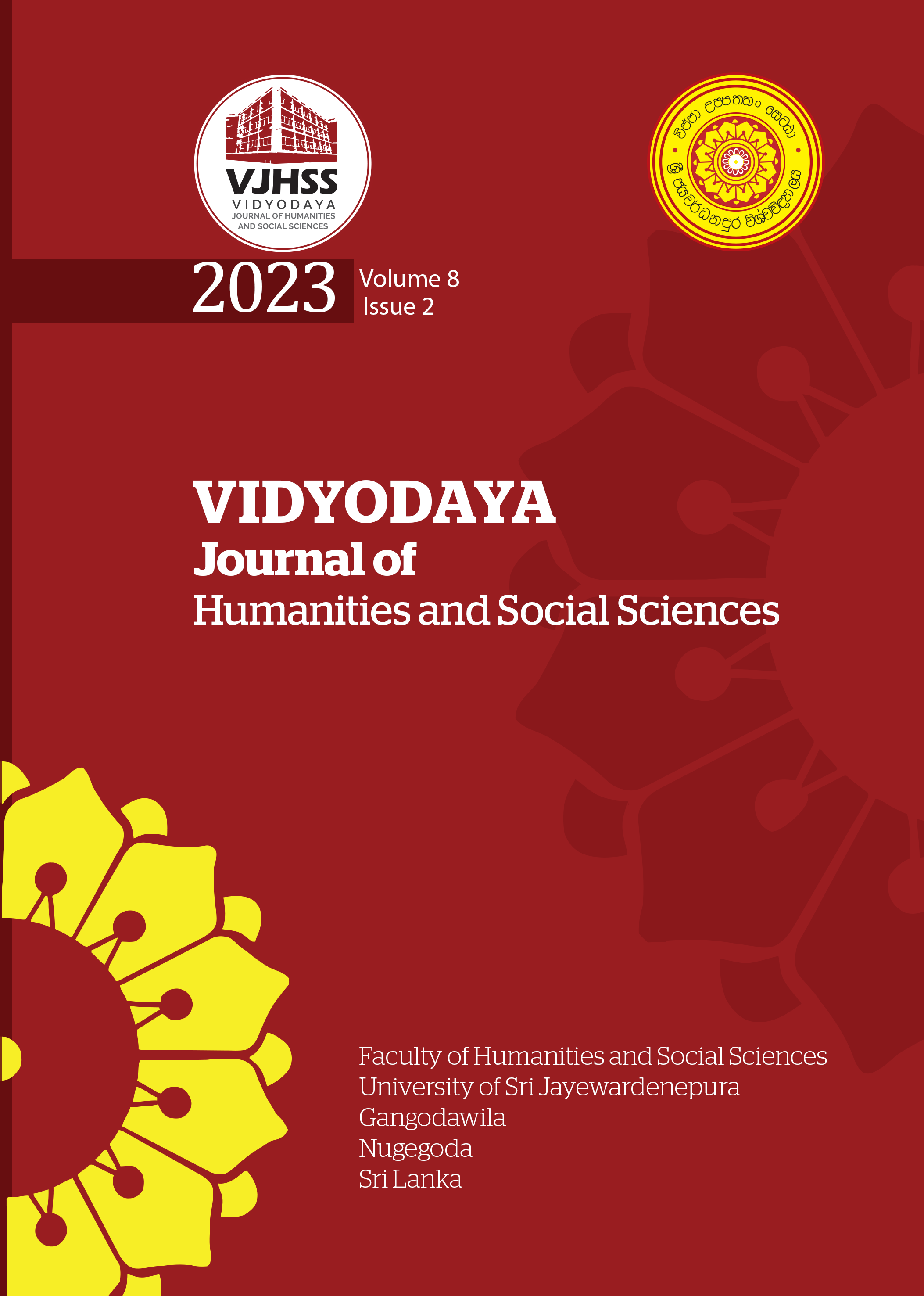Factors affecting the Gender- based Consumer purchase intention towards Ethical Fashion (A case study on undergraduates of the University of Sri Jayewardenepura)
Abstract
The study examines the factors affecting the gender-based consumer purchase intention towards ethical fashion in Sri Lanka. Primary data was gathered using self-administrated questionnaire through online platform and physically. Sample of the study was selected using stratified and simple random sampling techniques through undergraduates from three selected faculties of the University of Sri Jayewardenepura. Sample size of the study was 371 respondents including 228 female and 143 male undergraduates. Both descriptive analysis and Structural Equation Modelling (SEM) method were applied for the quantitative data. Findings of the study revealed that both the female and male consumers have an identical level of awareness regarding the ethical fashion market and related scopes. The respondents of the study have a positive impression on ethical fashion concept, and they believe that the concept itself is necessary for the betterment of the society and environment. Attitudes and beliefs regarding ethical fashion and subjective norms were identified as the major factors which affect the purchase intention towards ethical fashion among the consumers. Furthermore, it was found that gender doesn’t have any moderate effect in determining the consumers’ purchase intention towards ethical fashion in the young adult consumers in Sri Lanka. Findings of the study suggested that the fashion industry should implement new methods to motivate the purchasing intention of young customers. Also, such methods should promote the core values of ethical fashion concept as most of the consumers are not aware about those and for the expansion of the ethical fashion industry.



